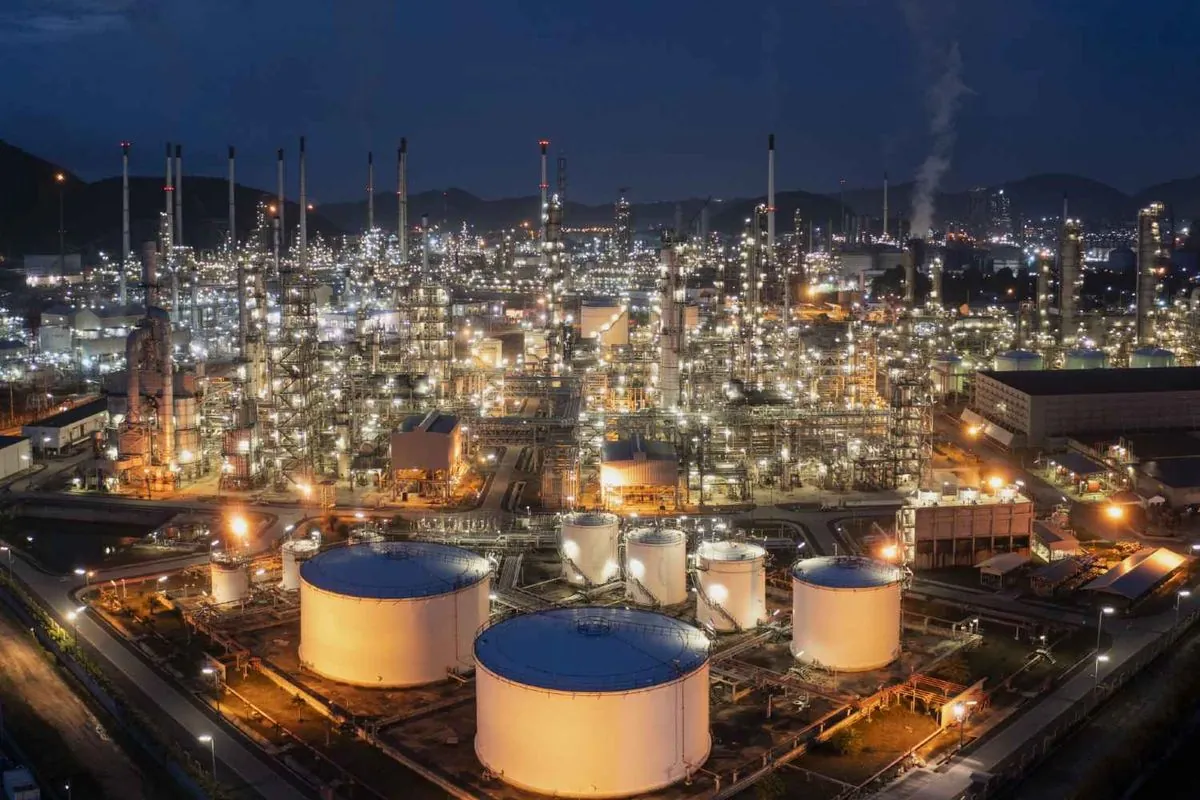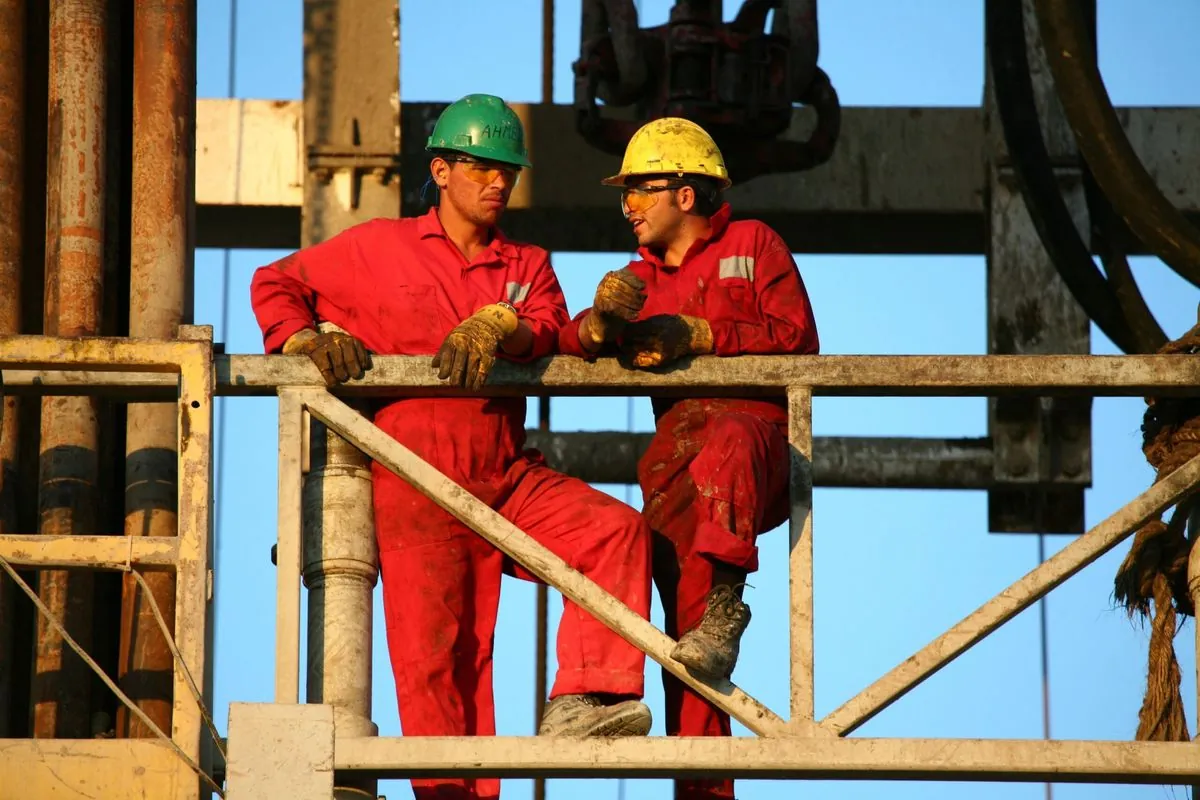UN Mediates Libyan Central Bank Crisis Amid Oil Production Halt
UN-led talks in Tripoli address Libya's central bank crisis, which has led to an oil production blockade. Consultations yield progress, with a draft agreement set for review by respective chambers.

The United Nations Support Mission in Libya (UNSMIL) has taken a crucial step in addressing the ongoing central bank crisis that has resulted in a complete halt of oil production in the country. On September 2, 2024, UNSMIL facilitated discussions in Tripoli, bringing together key stakeholders to resolve the dispute that threatens to plunge Libya into its most severe crisis in recent years.
The current turmoil stems from actions taken by Western factions in early September 2024, when they attempted to remove Sadiq al-Kabir, the long-standing governor of Libya's central bank, and install a new board. This move prompted Eastern factions to respond by shutting down all oil production across the country.
Libya, possessing the largest proven oil reserves in Africa, has long grappled with political instability that has frequently disrupted its oil sector. The country's economy heavily relies on oil, which accounts for approximately 60% of its GDP. This latest disruption has had immediate repercussions on global oil markets, with prices edging higher as Libyan oil exports came to a standstill.

The UN-mediated talks, which lasted from morning until late into the night, involved representatives from Libya's House of Representatives, High Council of State, and Presidential Council. UNSMIL reported that the consultations concluded with "significant understandings," marking a potential breakthrough in the crisis.
As a result of these discussions, the representatives have agreed to present a draft agreement to their respective chambers for review. The goal is to finalize and sign this agreement on September 3, 2024, potentially paving the way for a resolution to the central bank dispute and the resumption of oil production.
Libya's central bank, established in 1956, has been at the heart of the country's economic challenges since the onset of civil war in 2014. The bank has been split between eastern and western branches, mirroring the country's broader political divide between two rival governments.
The ongoing crisis underscores the complex interplay between Libya's political landscape and its vital oil sector. Since joining OPEC in 1962, Libya has seen its oil production fluctuate dramatically, with peak production reaching 1.6 million barrels per day in 2010. However, since the fall of Muammar Gaddafi in 2011, the country has struggled to maintain stable oil exports, with its infrastructure frequently targeted by attacks and blockades.
As Libya continues to navigate these challenges, the outcome of the current negotiations will be crucial in determining the country's economic trajectory and its ability to leverage its vast oil wealth for the benefit of its citizens.
"Consultations concluded with significant understandings."
The international community watches closely as Libya attempts to resolve this latest crisis, hoping for a stable resolution that can help the country move towards economic recovery and political stability.


































